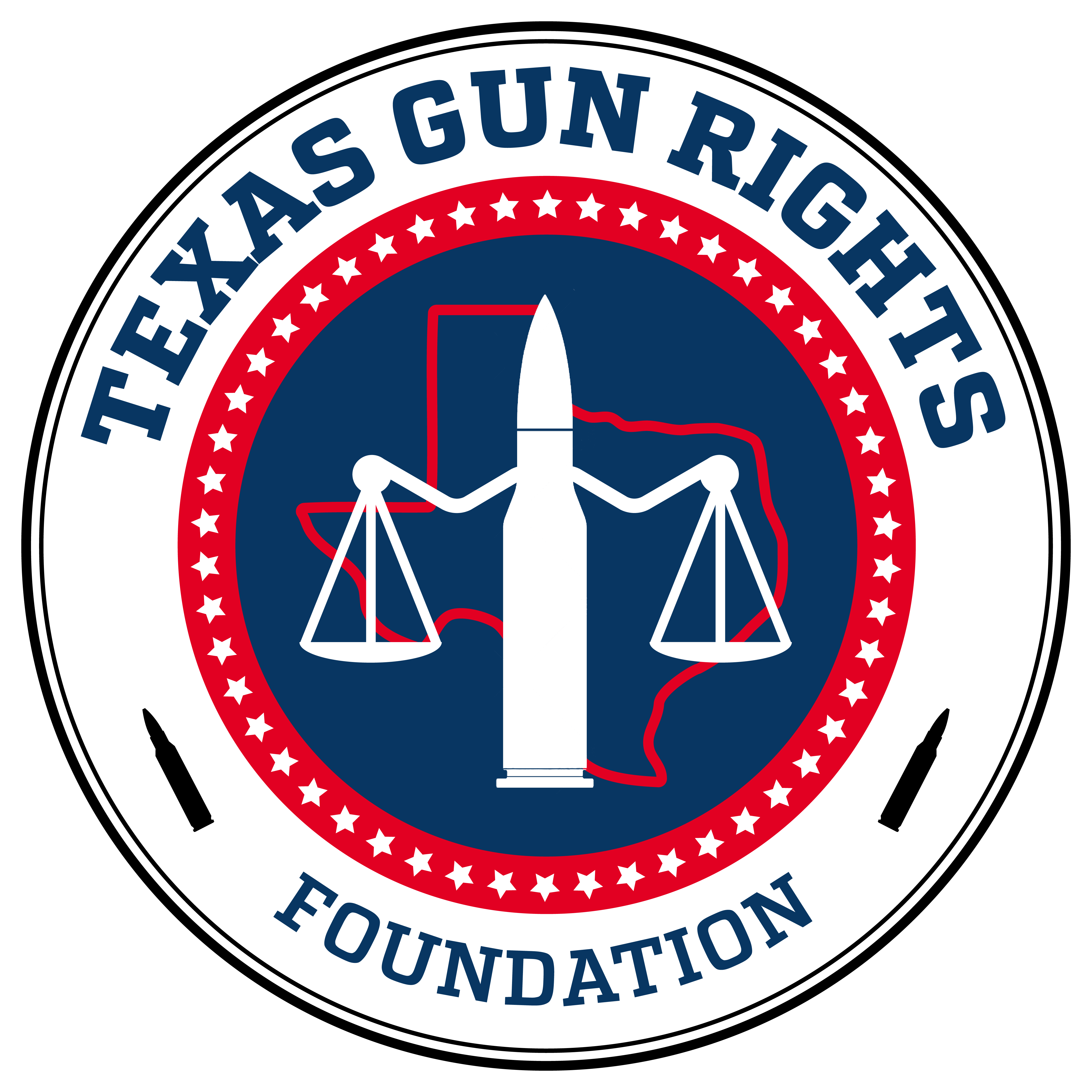In a landmark decision, the 4th U.S. Circuit Court of Appeals has declared Maryland’s handgun licensure law unconstitutional, marking a pivotal moment in the ongoing debate over gun rights in America. The Maryland law, introduced in 2013, required individuals seeking to purchase handguns to undergo training and background checks before obtaining a license. This requirement was challenged and has now been struck down by the appellate court.
The court’s ruling, influenced by the Supreme Court’s 2022 decision in New York State Rifle & Pistol Association v Bruen, found that Maryland’s licensing requirements are inconsistent with the United States’ historical tradition of firearm regulation. This precedent requires gun laws to align with the nation’s historical norms to withstand Second Amendment challenges.
The majority opinion, authored by Judge Julius Richardson, a Trump appointee, criticized the Maryland law for imposing an additional, preliminary step that subjected law-abiding individuals to a 30-day waiting period before initiating the usual process for acquiring a firearm. This decision has been hailed by gun rights advocates as a significant victory for the Second Amendment and the constitutional freedoms of Americans.
The NRA, which backed the lawsuit and covered legal costs, lauded the ruling. Randy Kozuch, the executive director of the NRA’s Institute for Legal Action, called it a substantial win for every American who cherishes constitutional freedoms.
The implications of this decision could resonate beyond Maryland, potentially impacting similar handgun licensure laws in other states. The ruling adds to a series of court decisions that have struck down federal and state firearm restrictions following the Supreme Court’s revised approach to Second Amendment jurisprudence.
Maryland Attorney General Andrew Brown’s office, defending the law, expressed its intention to weigh options for further legal action. In dissent, U.S. Circuit Judge Barbara Milano Keenan, an Obama appointee, warned that the majority’s reasoning could presumptively invalidate most non-discretionary laws requiring permits to purchase handguns in the country.
As the legal landscape around gun rights continues to evolve, this ruling signifies a crucial moment, potentially setting a precedent for future challenges to gun control measures nationwide.

One response to “Maryland Handgun Licensure Law Deemed Unconstitutional: A Turning Point for Gun Rights”
The 2nd contains no restriction on “right to bear”. The so-called “safety” consideration is bogus. Restricting the right endangers everyone.